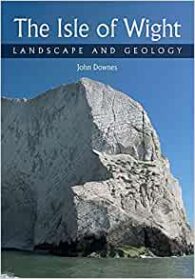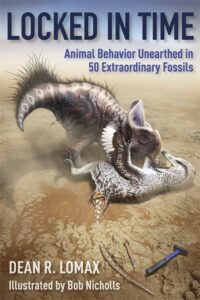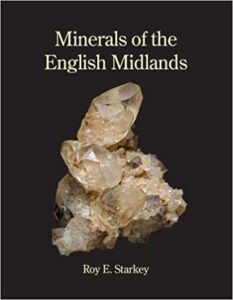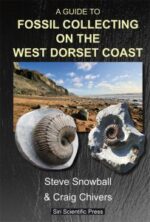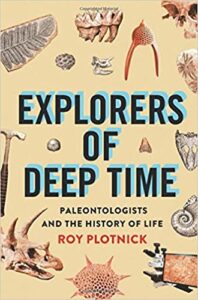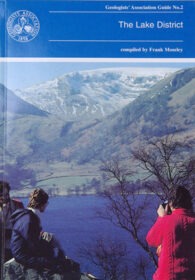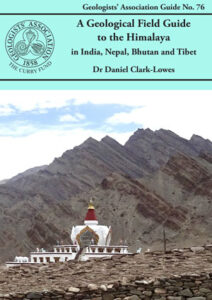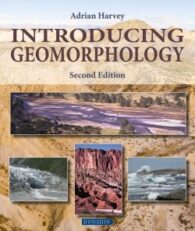This is another guide in the excellent “Landscape and Geology” series of local geological guides published by The Crowood Press. And this is as good as the others. Admittedly, it has a wonderful subject matter, because the Isle of Wight is a geological gem with its 110km long coastline displaying a range of rocks dating from Lower Cretaceous to Oligocene age. I know from personal experience that many of its sands and clays contain collectable fossil bivalves and gastropods, and its famous dinosaur footprints attract attention from both geologists and tourists, with always the possibility of finding a bone or two.
